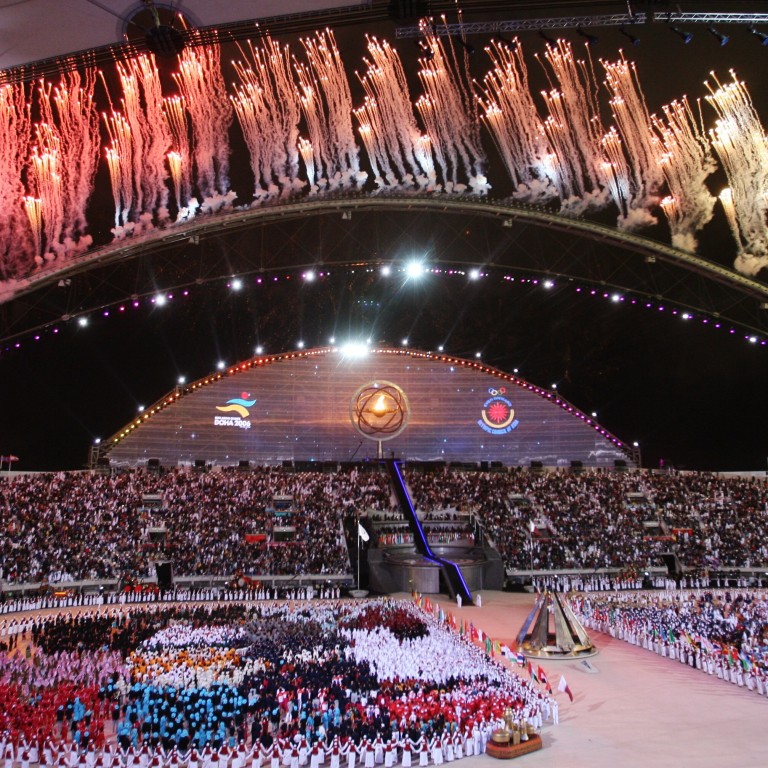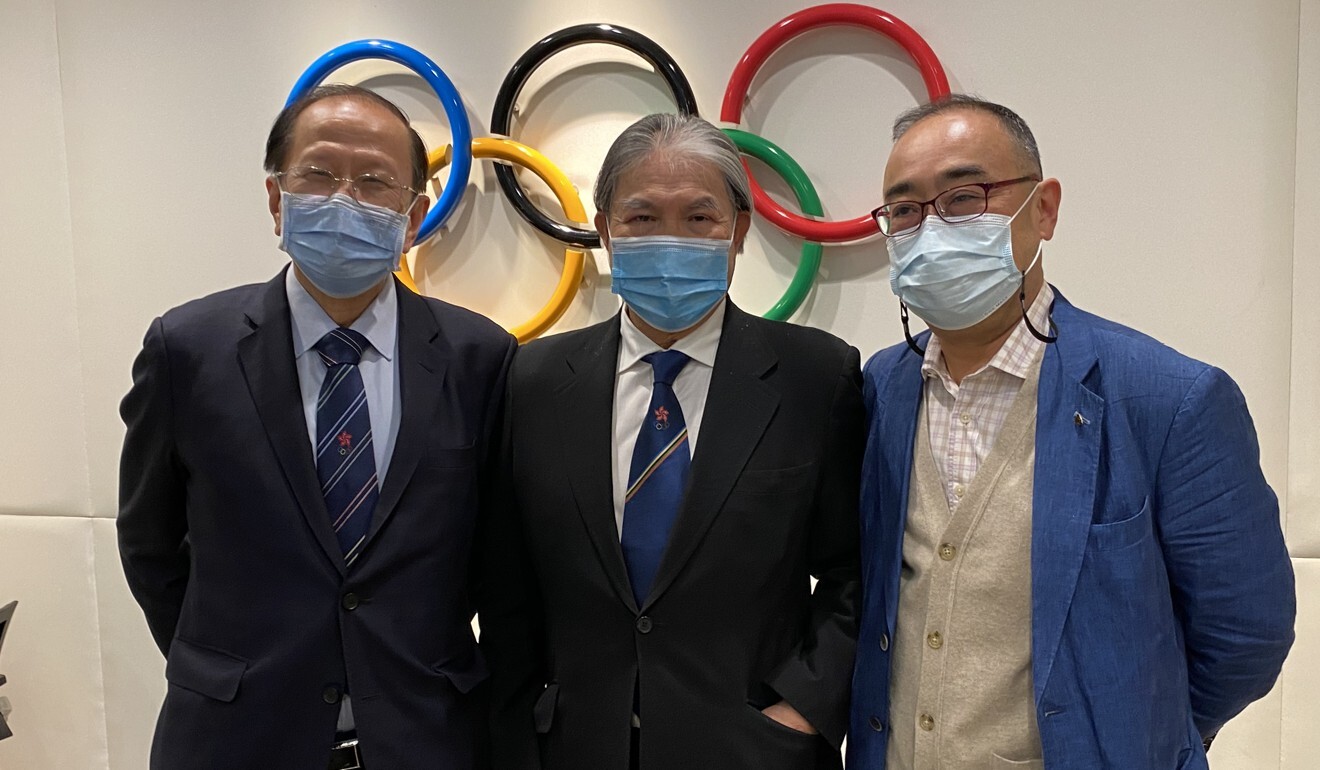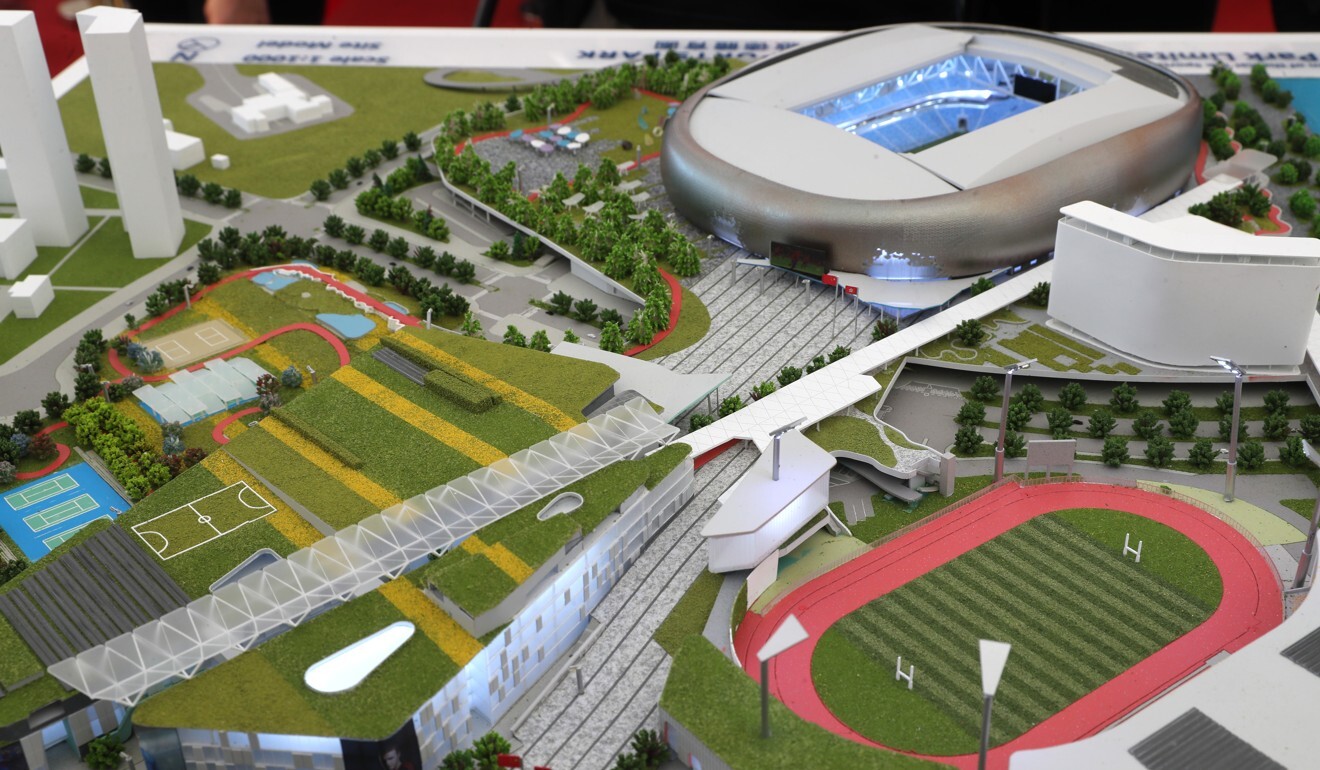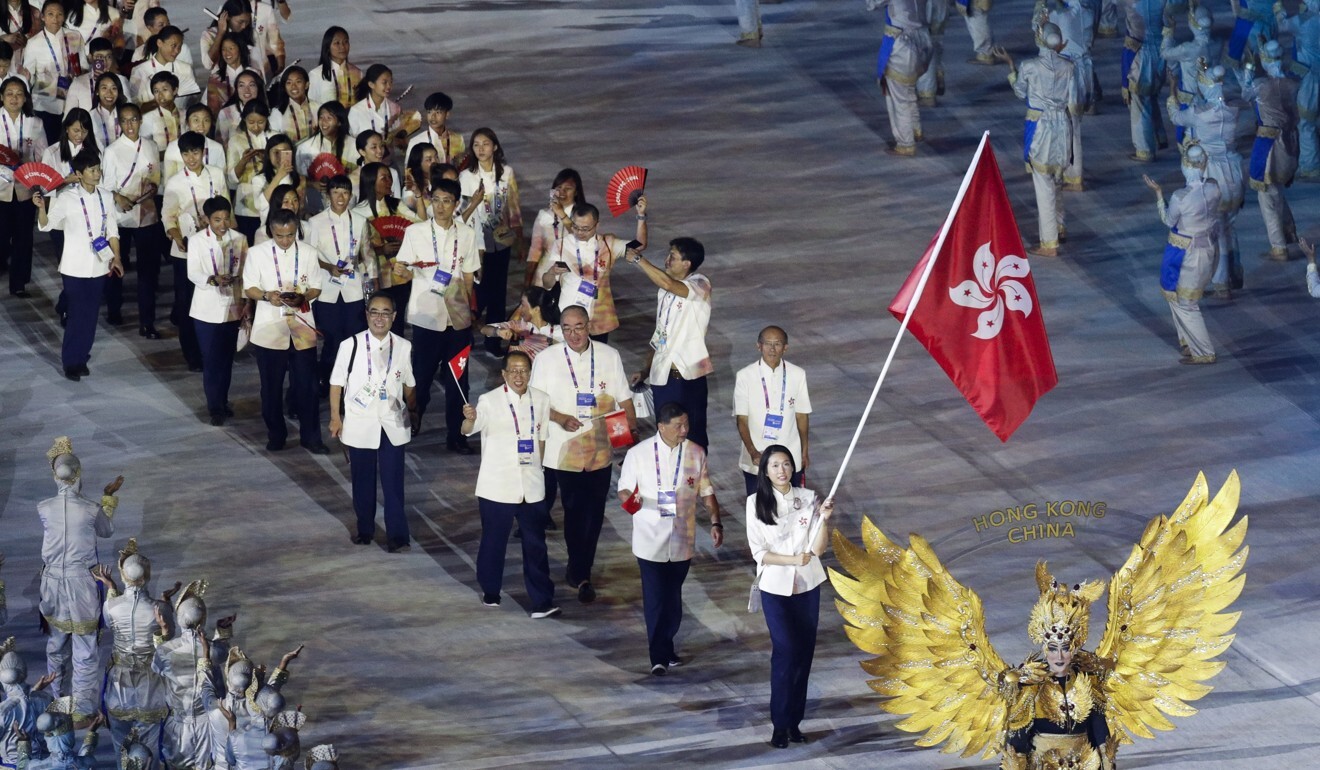
Hong Kong must learn from Doha if it wants to be global centre for sports, Olympic chief Timothy Fok says
- The Qatari capital beat Hong Kong to win the hosting rights for the 2006 Asian Games and will stage the continental showpiece again in 2030
- Hong Kong can join forces with Bay Area cities to target the China National Games after the opening of the HK$30 billion Sports Park in 2023, says Timothy Fok
Hong Kong must learn from Doha in how the Qatari capital has built itself up from a sporting backwater to become a global centre for major events.
Doha was this week chosen to host the 2030 Asian Games – the second time it will stage the continental showpiece, having hosted them in 2006 after beating Hong Kong during the bidding process.
“When Doha beat Hong Kong for the 2006 Asian Games hosting rights, many people kept asking me where the city was,” said Timothy Fok Tsun-ting, president of the Hong Kong Olympic Committee, after its annual general meeting on Thursday. “Some sports people even said they were a just small country and would not be serious about sports.
“Now if you look at the city again, they will be staging their second Asian Games in 2030 and in two years’ time, they will also be the hosts of football World Cup finals. I am sure they would be targeting the Olympic Games as well. Doha has also developed as a renowned sports medicine hub with the one of the best rehabilitation centres in the world.

“From a nowhere city in terms of sport, to become a major host of international events, they have put in a lot of effort, which we can learn from.”
With the 28-hectare, HK$30 billion Kai Tak Sports Park set to open in 2023, Hong Kong could be in a position to bid for the biggest continental multi-sport games but the next four editions are already taken, with China’s Hangzhou hosting in 2022 and Japan’s Nagoya in 2026.
New World wins right to build and run HK$30 billion Kai Tak Sports Park
Doha won the bid for the 2030 Games at the Olympic Council of Asia’s general assembly in Muscat, Oman on Wednesday. The Saudi Arabian city of Riyadh, which was competing with Doha, was awarded the 2034 edition.
“The Asian Games should be one of our targets but now it seems we have to wait for a long time before the bidding will be open again,” said Fok. “But if we look at the Bay Area around us, Shenzhen and other parts are investing a lot in sports and maybe we can work with them, and with Macau, to form a coalition in sports.”

The sports chief said the China National Games could become a target for this potential joint venture while the 2023 World Beach Games, which is organised by the ANOC (Association of National Olympic Committee), is another possibility.
“Doha took over from San Diego to stage the inaugural World Beach Games last year and they did a very good job,” he said. “Beach Games do not require big infrastructure but some beautiful beaches and we do have a lot of in Hong Kong. There are many major international games and we should seriously consider it.”
Fok, meanwhile, remained confident about the 2020 Tokyo Olympics, which have been postponed to the summer of 2021 because of the Covid-19 pandemic.

“There may be some adjustments in terms of the scale, such as the number of officials and spectators,” said Fok. “The Olympic Games have never been stopped other than because of wars. It’s a major source of income for the IOC, with the funds used to help develop sports federations and I think the Tokyo Games will go ahead.”
Pui Kwan-kay to step down as Olympic Committee vice-president
At the Olympic Committee elections, newcomer David Mong Tak-yeung was voted one of the four vice-presidents, along with three incumbents, Tony Yue Kwok-leung, Kenneth Fok Kai-kong and Herman Hu Shao-ming. Philip Mok Kwan-yat, president of the Hong Kong Tennis Association, lost in the ballot.
“He [Mong] comes from a strong commercial background with a great passion for sports. I am sure he can make a contribution,” said Fok.

